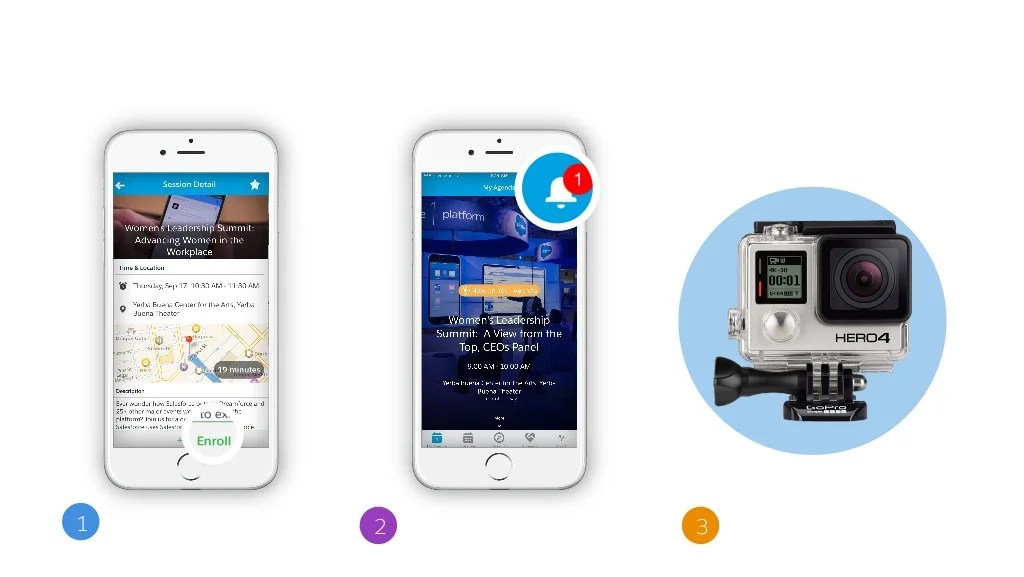Apex innovations impulse 3.0 test answers – The Apex Innovations Impulse 3.0 test is a widely recognized assessment that evaluates an individual’s cognitive abilities and problem-solving skills. This comprehensive guide delves into the intricacies of the test, providing invaluable insights into its content, format, and preparation strategies.
By exploring the diverse applications and benefits of the Apex Innovations Impulse 3.0 test, individuals can harness its potential for self-assessment, improvement, and success.
The subsequent paragraphs will delve into the test’s structure, question types, difficulty levels, and time constraints. Effective study methods, time management techniques, and focus enhancement tips will be discussed to empower test-takers with the necessary tools for optimal performance. Additionally, the scoring system, performance interpretations, and applications of the test will be thoroughly examined, enabling individuals to maximize their understanding and utilization of the results.
Introduction

The Apex Innovations Impulse 3.0 test is a comprehensive assessment tool designed to evaluate an individual’s cognitive abilities, problem-solving skills, and overall intellectual functioning. The test is widely used in various settings, including educational institutions, corporate environments, and clinical practice.
The Impulse 3.0 test consists of several subtests, each of which measures a specific cognitive domain. These subtests include:
- Verbal Reasoning
- Numerical Reasoning
- Spatial Reasoning
- Working Memory
- Processing Speed
Test Content and Format
The Impulse 3.0 test includes a variety of question types, including multiple-choice, short answer, and essay questions. The difficulty level of the questions varies depending on the subtest and the individual’s cognitive abilities.
The time constraints for the test are as follows:
- Verbal Reasoning: 20 minutes
- Numerical Reasoning: 20 minutes
- Spatial Reasoning: 20 minutes
- Working Memory: 15 minutes
- Processing Speed: 10 minutes
Here are some examples of questions from the Impulse 3.0 test:
- Verbal Reasoning:Which of the following words is most similar in meaning to the word “abrogate”?
- Numerical Reasoning:A farmer has 120 acres of land. He plants corn on 60% of his land and soybeans on the rest. How many acres of soybeans does he plant?
- Spatial Reasoning:Which of the following shapes can be folded into a cube?
- Working Memory:Remember the following sequence of numbers: 3, 7, 2, 9, 5
- Processing Speed:Find the letter “E” in the following string of letters: BDFGHIJKLEMNOPQRSTUVWXYZ
Test Preparation Strategies
To prepare for the Impulse 3.0 test, it is important to:
- Study the test content:Familiarize yourself with the different subtests and question types included in the test.
- Practice regularly:Take practice tests and review your results to identify areas where you need improvement.
- Manage your time:Practice completing the test within the time constraints.
- Stay focused and concentrated:During the test, it is important to stay focused and avoid distractions.
Scoring and Interpretation

The Impulse 3.0 test is scored based on the number of correct answers. The results are then interpreted to provide an overall cognitive profile of the individual.
The different performance levels on the Impulse 3.0 test are as follows:
- Very Superior:Individuals who score in the top 2% of the population.
- Superior:Individuals who score in the top 10% of the population.
- High Average:Individuals who score in the top 25% of the population.
- Average:Individuals who score in the middle 50% of the population.
- Low Average:Individuals who score in the bottom 25% of the population.
- Borderline:Individuals who score in the bottom 10% of the population.
- Very Inferior:Individuals who score in the bottom 2% of the population.
The results of the Impulse 3.0 test can be used for self-assessment, career planning, and educational placement.
Applications and Benefits: Apex Innovations Impulse 3.0 Test Answers
The Impulse 3.0 test has a wide range of applications, including:
- Educational settings:Identifying students with learning disabilities or giftedness.
- Corporate environments:Assessing job candidates and developing training programs.
- Clinical practice:Diagnosing cognitive disorders and monitoring treatment progress.
The Impulse 3.0 test can provide valuable insights into an individual’s cognitive abilities and help them reach their full potential.
FAQ Section
What is the significance of the Apex Innovations Impulse 3.0 test?
The Apex Innovations Impulse 3.0 test is a highly regarded assessment that measures an individual’s cognitive abilities, problem-solving skills, and critical thinking capabilities. It is widely used in various settings, including academic institutions, corporate organizations, and research institutions, to evaluate individuals’ potential and suitability for specific roles or programs.
What are the different types of questions included in the test?
The Apex Innovations Impulse 3.0 test encompasses a range of question types designed to assess diverse cognitive skills. These include verbal reasoning, numerical reasoning, abstract reasoning, spatial reasoning, and perceptual speed. Each question type presents unique challenges and requires specific problem-solving approaches.
How can I effectively prepare for the Apex Innovations Impulse 3.0 test?
Effective preparation for the Apex Innovations Impulse 3.0 test involves a combination of strategies. Familiarizing oneself with the test format and question types is crucial. Engaging in regular practice using sample questions and online resources helps enhance problem-solving abilities. Additionally, time management techniques and focus enhancement exercises can improve performance under timed conditions.



